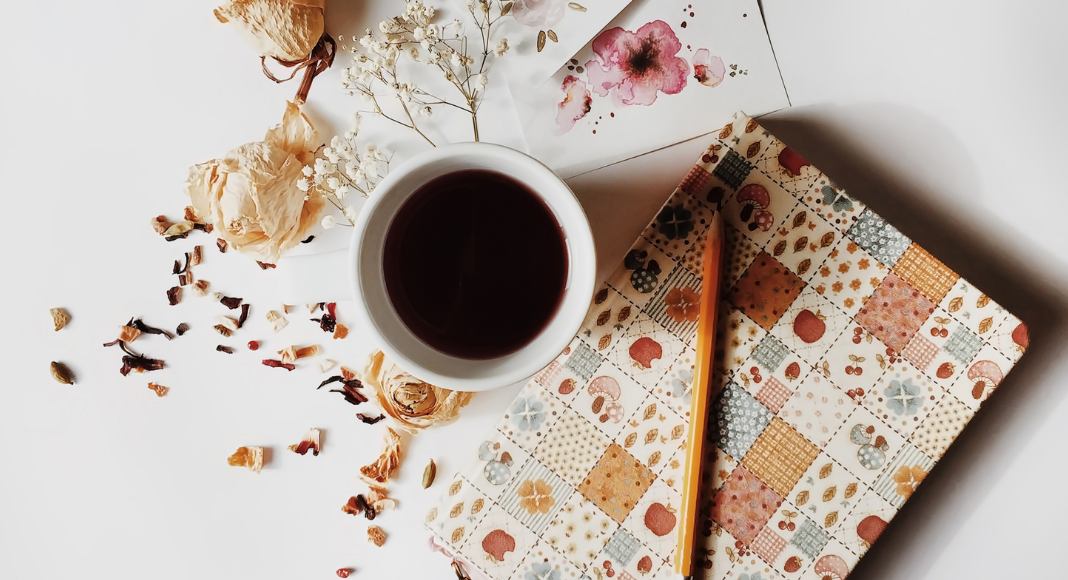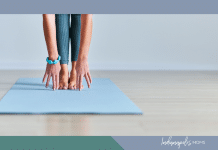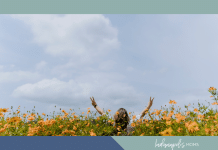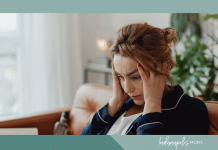 I am tired. I have pandemic fatigue, fatigue. My mind feels broken as we enter year three of this (still) brutal pandemic. All of this complex problem solving has maxed out my creative thinking. I used to create for joy. Now it seems exclusively out of necessity, and my entire family feels the same way. Here are some steps to help reclaim your creativity.
I am tired. I have pandemic fatigue, fatigue. My mind feels broken as we enter year three of this (still) brutal pandemic. All of this complex problem solving has maxed out my creative thinking. I used to create for joy. Now it seems exclusively out of necessity, and my entire family feels the same way. Here are some steps to help reclaim your creativity.
Start now.
When you put in the effort, even when you’re not sure what you want to do, inspiration will find you and give you something truly interesting to start.
Dedicate time.
I know you are rolling your eyes right now. What time! What will I stop doing so that I can start doing something new? You can start small. Fifteen minutes is just 1% of your day and still a meaningful place to start. That’s totally up to you, but during this time unplug. Turn off your notifications and, if you are brave enough, the internet altogether. Sit undistracted with whatever tool you use to facilitate your creativity.
Carry a notebook.
For me, that’s a notebook. Writing is one of the main ways I express my creativity. I carry a notebook and pen everywhere I go–my purse, my car, at my bedside table. They are tiny and abundant. When an idea strikes, I am sure to capture it. Sometimes when I revisit and reorganize I can’t quite remember the reference. Other times, I notice a theme. These are bold and powerful moments. Here, I see what’s really on my mind and in my heart. Here, I find encouragement and flow.
Try something new. (Or revisit something you once loved.)
- Use a kit. While re-organizing the house for the 100th time to make way for e-learning, I recently came upon an old Klutz Watercolor kit. It was literally from high school. The boys and I dusted it off and had a great afternoon painting. There are few peaceful moments in this house full of boys, but this was one of them, and we could all use more.
- Enter a contest. Competitive spirit and creativity unite! Bonus: some even pay.
- Watch a movie. My husband and I are going through the 100 Greatest Films of All Time. It’s interesting to observe so much, including how much shorter our attention span has become. It often takes us weeks to get through just one film. It’s been fun to understand these cultural references fully. It takes me back to the days of film class in college. We debate, discuss symbolism, admire the beauty and storytelling, and escape for a short respite.
- Take a walk. Throughout the pandemic I have taken one “walk and talk meetings” a day. Rain or shine, I use walking to connect with colleagues, collaborate and build consensus. When preparing for a big meeting, presentation, or a long stint of writing, I take a short walk to reorganize myself and come back to editing.
- Take a shower. I get my best ideas in the shower. The area of our brain that we use to make decisions is largely inactive during a shower. We are relaxed. The medial prefrontal cortex, which is responsible for learning association, context, and emotional responses, is extremely active on the other hand, thus the “ah-ha” moments.
- Follow along. When you are “plugged in,” follow something other than the news–your favorite copywriter, photographer, fashion icon. Following along not only sparks ideas but it also helps me feel brave and excited to try something new. If they can do it, so can I, so can you!
- Get technical. The Pomodoro Technique, for example, is a system that encourages us to work with the time we have—rather than against it. Using this method, you break your creative task at hand into 25-minute chunks separated by five-minute breaks. These intervals are referred to as pomodoros. After about four pomodoros, you take a longer break of about 15 to 20 minutes. This is especially helpful with writing.
- Take a “Personal Retreat.” Pre-pandemic, I took one retreat a year through work. I would often stay an extra day to reflect, be in nature, visit a friend, and absorb all of that inspiration. That hasn’t been an option over the last two years. You can right-size an at-home retreat in the time you do have–even if it’s simply a day that school is in session and everyone’s out of the house.
- Register for a class. Our local high school offers everything from welding to furniture refinishing. Our university offers photography and flower arranging. The craft store in my neighborhood teaches cake decorating and sewing. No matter your interest, a community center near you has something to offer.
- Have fun. This is the ultimate point. When the world feels heavy, exploring our creativity lifts our spirits, improves our intelligence, boosts our immunity, and so much more.
I am looking forward to a time where my creativity can be used more for celebration than to address chaos and crisis. Until then, I’m taking baby steps to reclaim my creativity in any joyful way I can.
What are you doing to explore your creativity? I’m always looking for new ideas!








